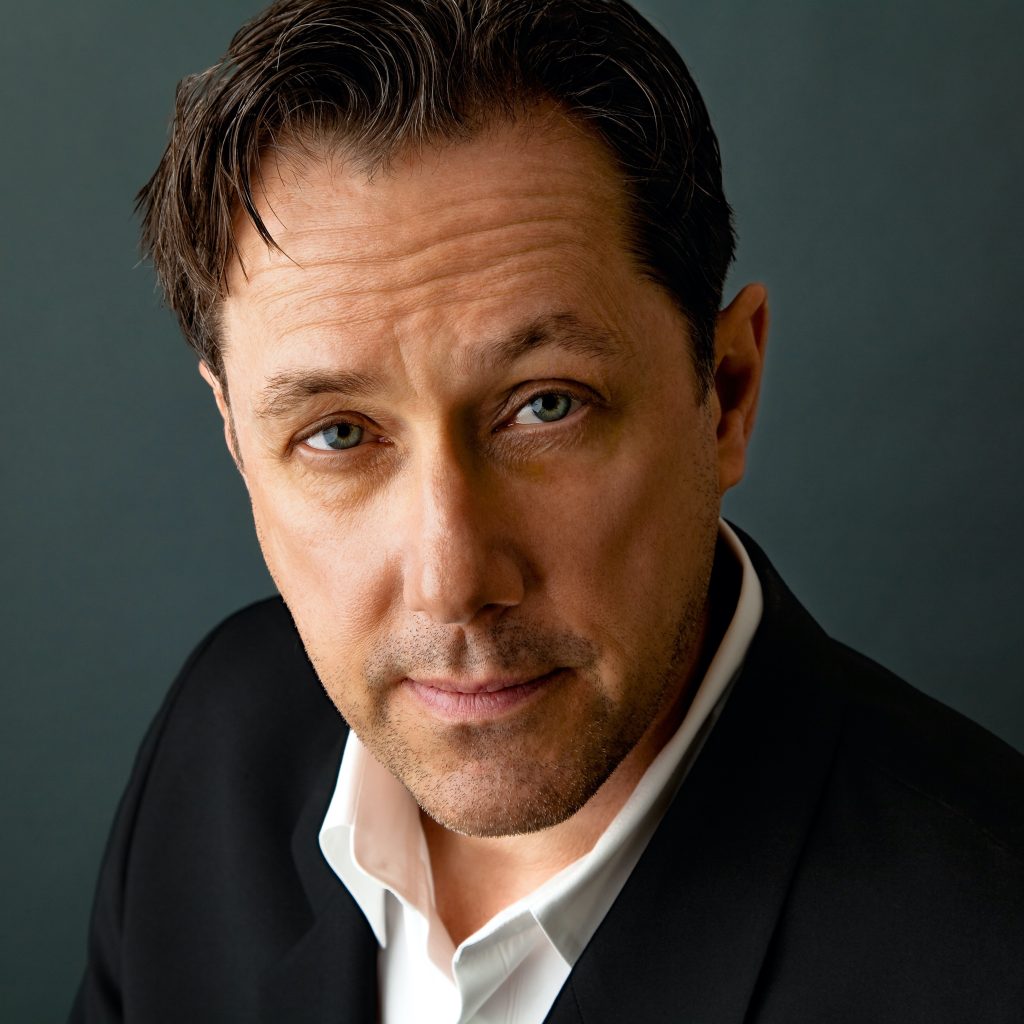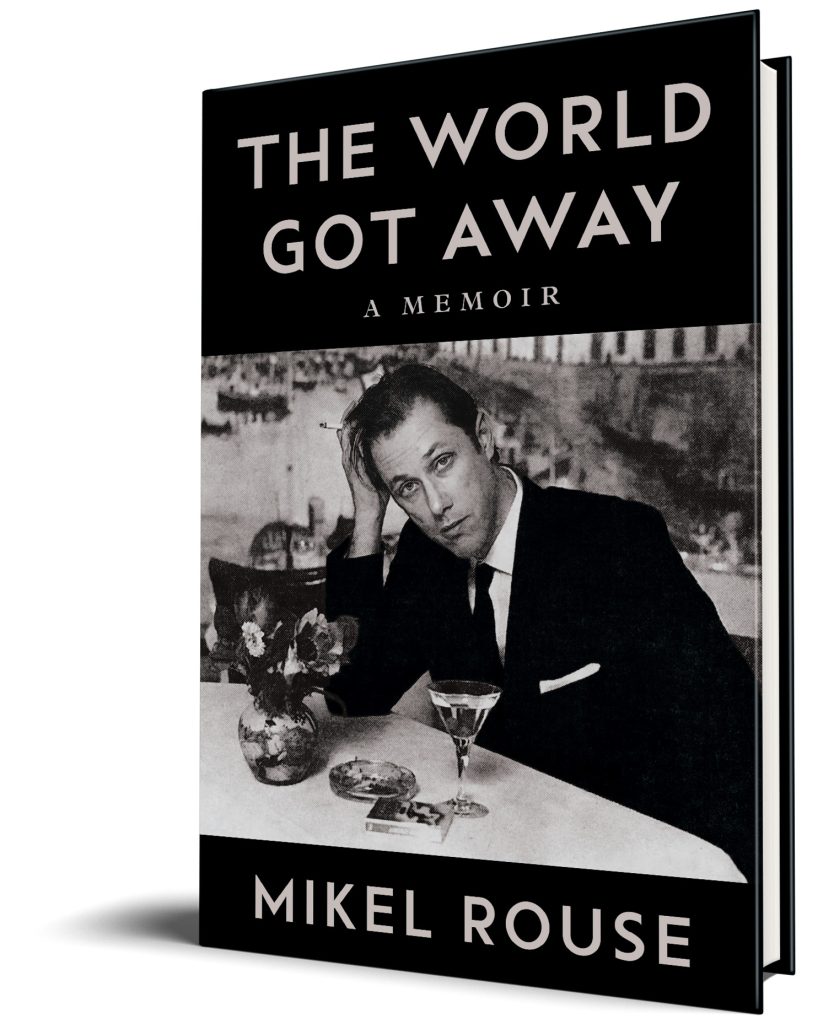Mikel Rouse, the author of The World Got Away: A Memoir, answers questions on his new book.
Q: Why did you decide to write this book?
To set the record straight. No, not really. I’d been encouraged to write a book about my experiences for years. Maybe decades. From people I truly trust. But it just didn’t resonate until Rebecca McBride, a trusted friend and former Senior Associate Director of the Krannert Center for the Performing Arts, responding to a humorous story about the Failing Kansas scandal at the New Zealand festival, exclaimed: “You gotta write this stuff down!”
Q: What is the most interesting discovery you made while researching and writing your book?
That maybe, maybe, I mattered. Or that we all matter. We’ve all gotta get out of our own way. I’ve never been great at that. But going through the years, I felt a certain gratitude for the choices I made, even if they didn’t always make sense.
Q: What myths do you hope your book will dispel or what do you hope your book will help readers unlearn?
I would hope it’s an inspiring story: that fame and fortune are one thing, but artistic endeavor has its own reward’s. There’s more of us than there are of them. I was lucky: I got some accolades. But the thrust of gratitude from a desire to wake up every day and try to create, expose, possibly share; that’s the gig.
Q: Which part of the publishing process did you find the most interesting?
If you mean publishing with U of I, I think I truly appreciated the commitment to solid professionalism. The process of getting this book to print. The constant belief in this system of accuracy.
Q: What is your advice to scholars/authors who want to take on a similar project?
Do it! I was a skeptic for decades. I learned so much from this project. I learned gratitude. I learned to get out of my own way. Maybe best of all, I created a document that will provide a deeper context to my archive at the New York Public Library for the Performing Arts.
Q: What do you like to read/watch/or listen to for fun?
I’m currently reading Burning Boy by Paul Auster. I spend a lot of time on the Criterion Channel, most recently with the film The Casandra Cat, directed by Vojtêch Jasny. And every Friday, I usually sit in the studio and go through the new releases. Currently liking “Work of Art” by Asake and “10,000 gecs” by 100 gecs.

Mikel Rouse is a New York-based composer, director, performer and recording artist hailed as “a composer many believe to be the best of his generation.” (NY Times) His works include 40 records, 7 films (including Funding and Music For Minorities), and a trilogy of media operas: Failing Kansas, Dennis Cleveland, and The End Of Cinematics. His work has frequently appeared on Top Ten lists around the country. He has received commissions from the Brooklyn Academy of Music, the Mary Flagler Cary Charitable Trust and the Meet the Composer/Reader’s Digest Commissioning Program. Rouse’s compositions have been performed at Lincoln Center, the New York State Theater, and Alice Tully Hall, and throughout the United States and Europe.

